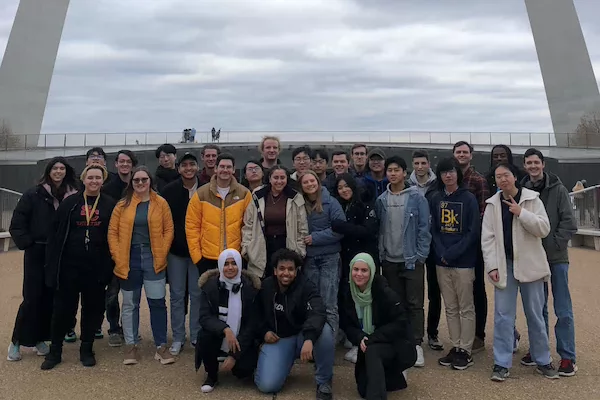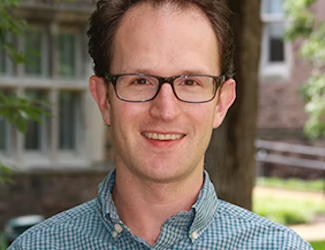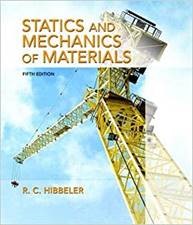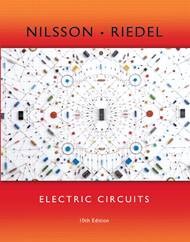It's easy to start your application.
Dual Degree Program
January Intensive Term (J-Term)

J-Term is an opportunity to explore introductory engineering courses offered in a special 11-day intensive format to encourage current liberal arts students to test their interests in engineering. For most attendees, this experience is their first exposure to St. Louis and to applied fields of study. The students study and live together, greatly enhancing the educational and social value of the experience. It is an opportunity to get a head-start at building connections and community before enrolling as Dual Degree engineering students.
Eligibility
Students must have a GPA of B-plus (3.25 out of 4.0) or better overall and in science and mathematics courses. Pre-requisite courses: Calculus III and a semester of calculus-based physics which covers mechanics, electron motion, electricity and magnetism.
J-Term Schedule
- Tuesday, December 26, 2023 — Students should arrive at the hotel by 5 p.m.
- Wednesday, December 27, 2023 — Classes start and will be held daily including on New Year’s Day.
- Sunday, January 7, 2024 — Students will depart in the late afternoon.
The schedule includes two days with no afternoon class.
Cost
| Regular semester tuition | $7,719 |
| Affiliation discount * | - $5,724 |
| Program fee | $1,995 |
*J-Term affiliation discount will be awarded to students attending a college or university affiliated with the Washington University Dual Degree Engineering Program. Program fee includes hotel rooms, transportation to/from hotel and campus, breakfast, lunches, courses textbook rental and other miscellaneous expenses. If a single room is desired, an additional cost is added to the program fee.
Vaccination Information
See here for information regarding immunization requirements.
Course information
Students will select one of the following courses to take during J-Term.Course descriptions
Introduction to Electrical and Electronic Circuits (3 units)
Electron and ion motion, electrical current and voltage. Electrical energy, current, voltage and circuit elements. Resistors, Ohm's Law, power and energy, magnetic fields and dc motors. Circuit analysis and Kirchhof's voltage and current laws. Thevenin and Norton transformations and the superposition theorem. Measuring current, voltage, and power using ammeters and voltmeters. Energy and maximum electrical power transfer. Computer simulations of circuits. Reactive circuits, inductors, capacitors, mutual inductance, electrical transformers, energy storage and energy conservation. RL, RC and RLC circuit transient responses, biological cell action potentials due to Na and K ions. AC circuits, complex impedance, RMS current and voltage. Electrical signal amplifiers and basic operational amplifier circuits. Inverting, non-inverting, and difference amplifiers. Voltage gain, current gain, input impedancer and output impedance.
Statics and Mechanics of Materials (3 units)
A foundational course for mechanical engineering. Study of mechanical structures that are stationary and not in motion. Rigid bodies or structures and how they maintain the equilibrium. The type forces acting on them; how to reduce the multiple forces into an equivalent force; analysis of trusses, frames, and machines; how to find the center of an area are the key features of first half of the course. What happens to a structure internally while all different forces are acting on them. The stress, strain, strength, stiffness are some of the features would help you to understand different materials and determine how strong or stiff is a structure. Hands-on fun projects included.
Instructor Bios
 |
Introduction to Electrical and Electronic Circuits Emir Osmanagic, PhD Adjunct Instructor Electrical & Systems Engineering |
 |
Statics and Dynamics of Materials Louis Woodhams, MSME Senior Lecturer Mechanical Engineering & Material Sciences |
Students are loaned the required textbook for their course, with the option to purchase at the conclusion of J-Term.
Textbooks
Students are responsible for the rental or purchase of the required textbook for their course as shown below.
|
Statics and Mechanics of Materials Textbook: Statics and Mechanics of Materials
|
Introduction to Electrical and Electronic Circuits Textbook: Electric Circuits
|
How to Register
To register, students must submit the following to the Dual Degree Program by November 15:
- Complete online registration form. Your liaison officer will be contacted to verify your registration.
- Non-refundable deposit of $250. Payment can be made online through the registration form.
Clery Report: The Jeanne Clery Disclosure of Campus Security Policy and Campus Crime Statistics Act of 1998
Washington University in St. Louis is committed to assisting all members of the University community in providing for their own safety and security. Each year we publish Safety and Security, detailing what to do in an emergency, as well as publishing our federally required annual security and fire safety reports, containing campus crime and fire statistics, and key university policies and procedures. The annual security compliance document is available on the University Police web site.


